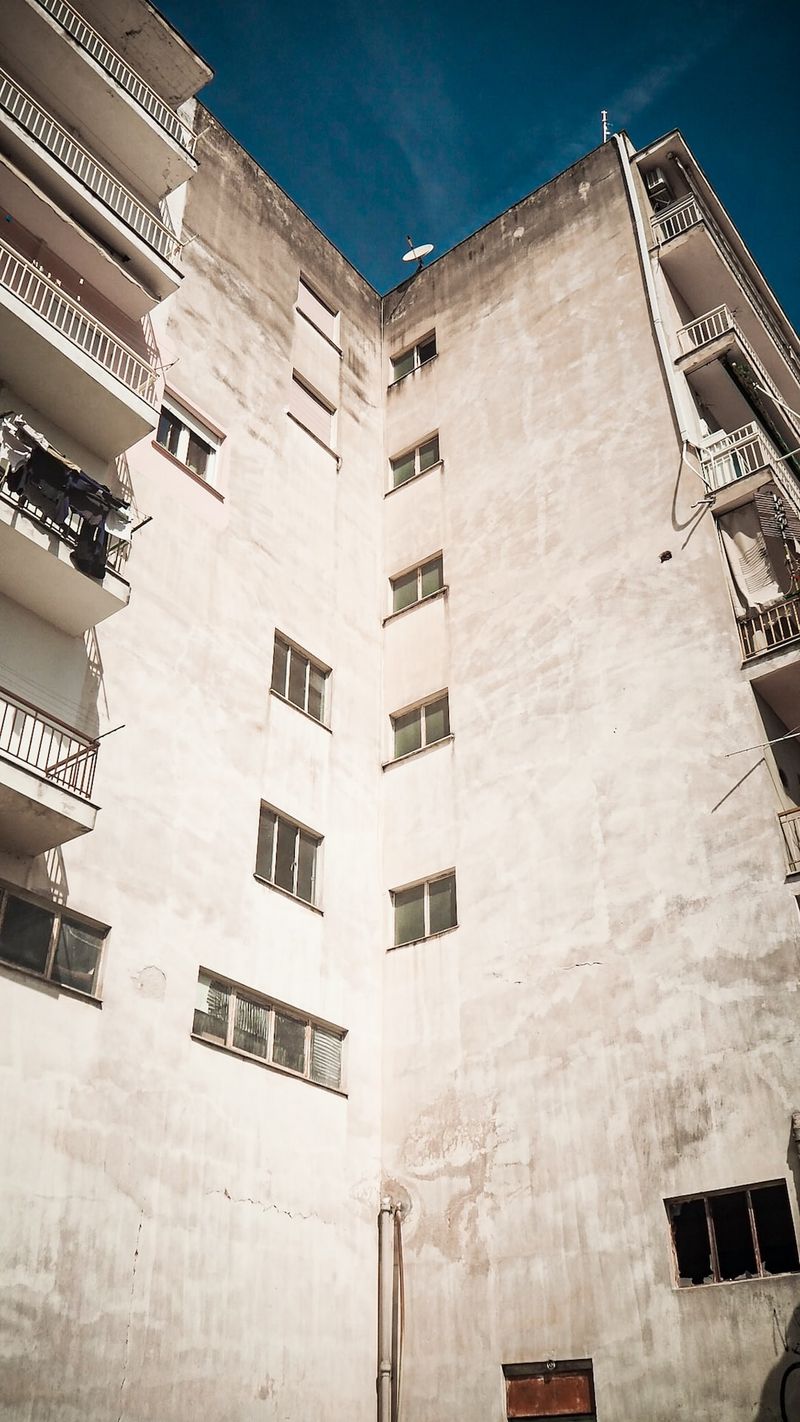## Introduction
The Court of Appeal in Nigeria began proceedings yesterday to hear the challenges brought against the declaration of Bola Ahmed Tinubu, the candidate of the ruling party, as the winner of the country’s presidential elections held in February 2023. This article explores the controversy and the implications of the tribunal’s ruling on the country’s democratic system.
## Background
The Nigerian presidential elections were marred by irregularities, including violence at the polls, logistical and procedural shortcomings, as well as an inability to transmit election results from polling stations in real-time. The opposition parties, the People’s Democratic Party (PDP) and the Labor Party, filed petitions challenging the election result, claiming that the poll was riddled with corrupt practices, voter suppression, and noncompliance with the country’s electoral law.
The Tribunal, constituted by the Court of Appeal, is expected to hear these petitions and make a ruling on the presidential elections. However, there are concerns about the independence of Nigeria’s judiciary, and this has raised questions about the credibility of the tribunal’s decision.
## The Tribunal’s Ruling
The Tribunal’s ruling is critical for Nigeria‘s electoral process, and it is expected to set a precedent for future elections. A transparent and fair hearing of these challenges is essential to maintaining the integrity of Nigeria’s electoral system. The tribunal should ensure that the proceedings are carried out transparently and in accordance with the rule of law to foster confidence in the judiciary and the nation’s democratic system.
The ruling of the tribunal could take up to six months, and it is crucial that regional and international partners prevail on the government to respect the verdict and ensure the tribunal’s independence. It is also imperative that the government pursues those responsible for the violence that blighted the election to prevent a repeat of such incidents in the future.
## Implications for Human Rights
Unfettered access to free and fair elections is critical to ensuring Nigerians’ ability to exercise their rights, and it is a cornerstone of a democratic nation. In this regard, the tribunal’s ruling will have a significant impact on the status of human rights in Nigeria. A decision upholding the legitimacy of the electoral process would be a step forward in safeguarding the rights of Nigerians while recognizing the peoples’ right to self-determination.
## Conclusion
The Nigerian presidential tribunal presents an opportunity for the judiciary to demonstrate impartiality and integrity in the administration of justice. It is an opportunity to build public trust and confidence in the judiciary and Nigeria‘s electoral process. The tribunal’s ruling must reflect the will of the people and uphold the principle of democracy. Nigeria‘s judiciary must remain independent, free from external influence, and protect the rule of law to promote a peaceful and stable society.

<< photo by Alexandros Sarakasidis >>